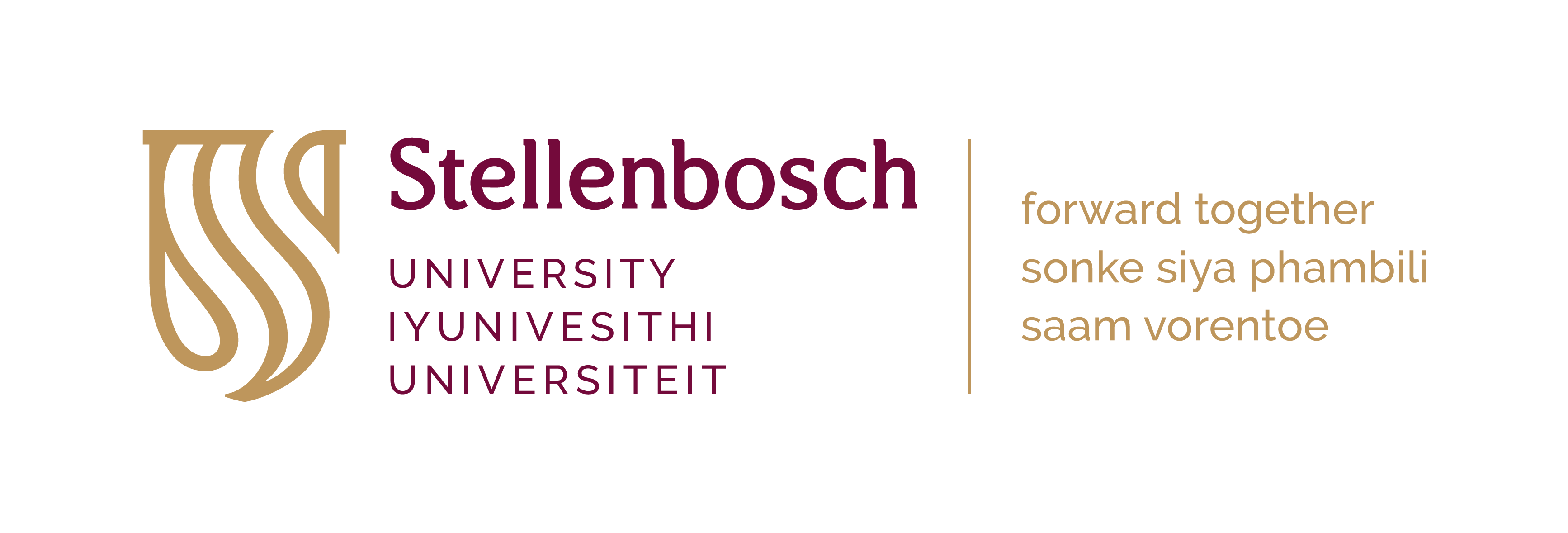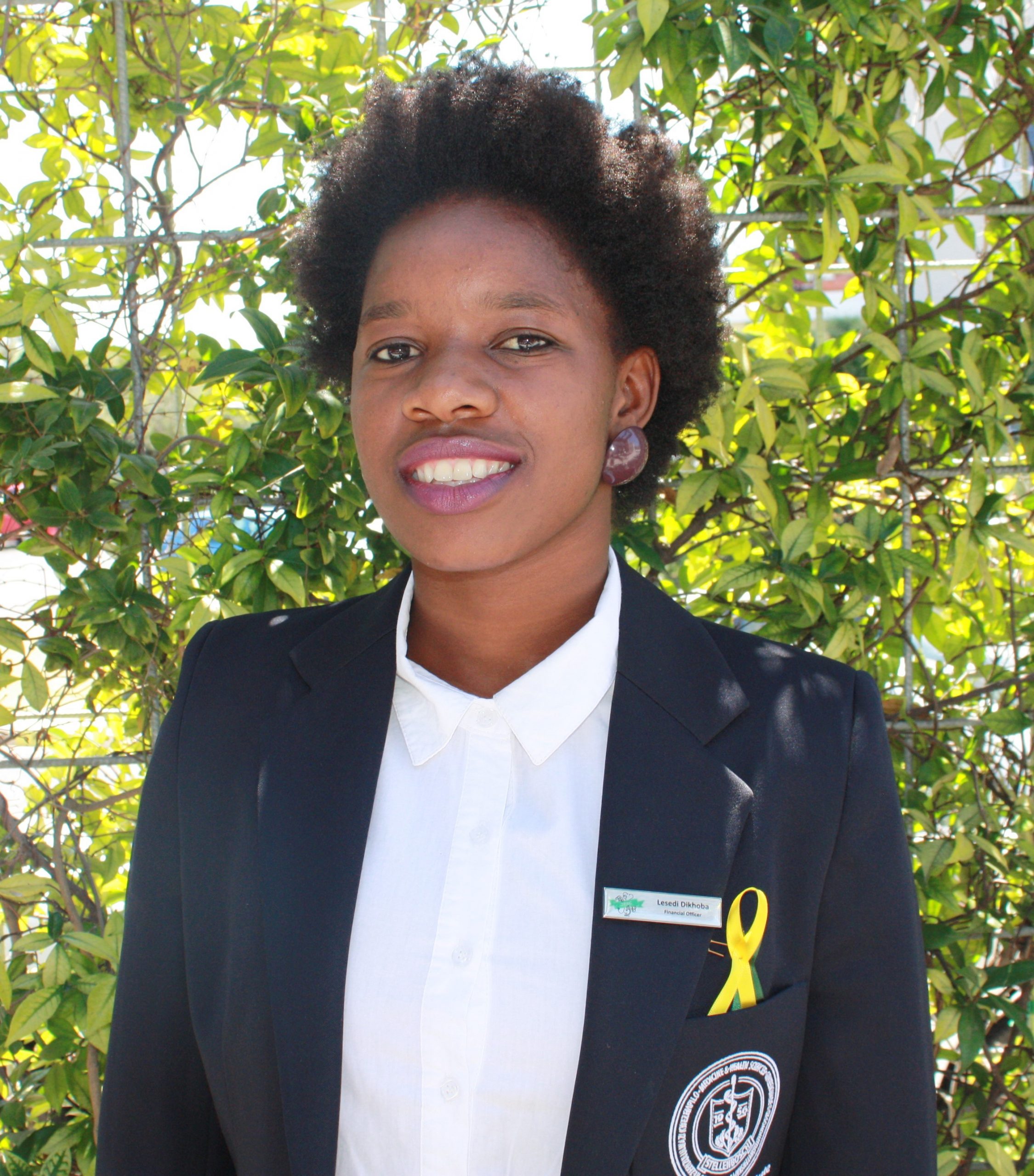Meet Ms Lesedi Dikhoba, a masters candidate within the Host-Pathogen Mycobactomics Research Group at Stellenbosch University’s Division of Molecular Biology and Human Genetics, Faculty of Medicine and Health Sciences.
In celebration of Youth Month 2020, the Division of Molecular Biology and Human Genetics is paying tribute to young researchers within our institute. We share heart-warming stories of our students whose lives give us great hope for the future of South Africa. We thank these students for volunteering to tell us a little about themselves and their research.
Tell us briefly about your background?
I grew up in a township called Olievenhoutbosch in Pretoria (Gauteng). I was raised by a strong mother who is a single parent of two children who only completed grade 12 and could not go to university due to lack of funds. This strong woman raised us through being a domestic worker and through receiving a social grant (SASSA). My mother always told us that the only way to come out of poverty is to study hard at school to get outstanding marks in order to go to university and get a good education which will eventually payout. Her words motivated me to study extra hard in order to take us out of poverty. This led to me obtaining outstanding results in grade 12 (four distinctions).
At school Life Sciences was always my favourite subject. I loved this subject because it focussed on the human body and what affects it. My grade 12 Life Science teacher told me to apply to Stellenbosch University as it is one of the best universities in South Africa, especially with Science. Which led to me applying and being accepted to study Bachelor of Science in molecular biology and biotechnology in Stellenbosch university.
Why did you choose your field of study – what or who inspired you? Is this what you envisioned for yourself growing up?
At school Life Sciences was always my favourite subject. I loved this subject because it focussed on the human body and what affects it. I saw myself studying science and being a scientist in the future.
What is your research focus on?
My research topic is “Identification of biosignatures associated with latent Mycobacterium tuberculosis”. I am to identify the mechanisms that the bacteria use to establish a latent TB infection, such findings will help to discover therapeutic interventions to prevent latent TB and lead to a TB-free world.
How can your research help to improve Africa and/or the lives of its people?
The discovery of therapeutic interventions to prevent latent TB and lead to a TB-free world.
What obstacles did you have to overcome to get where you are today?
I was motivated my mother that education is the most powerful weapon to change the world and I wanted to make my mother proud and to prove that indeed this phrase is correct.
If you could invite any three researchers (alive or dead; local or international) to a dinner party, who would you pick and why?
Katherine Johnson. I always look up to women. One of NASA’s human ‘computers, Katherine Johnson is one of the best pioneering female NASA scientists. She made me believe that in science. Her story makes me believe that whatever you put your mind to, you can achieve it no matter the obstacles.
What is your favourite quote/saying?
“Education is the most powerful tool to change the world”
– Nelson Mandela
“And it is impossible until it is done”
– Nelson Mandela
Any advice for young people who are considering a career in STEM?
I say, go for it! The future is science.
What do you hope to achieve in the future?
I see myself as one of the best medical researchers in South Africa, making a difference and contributing to the health care in the African continent than to the world.

